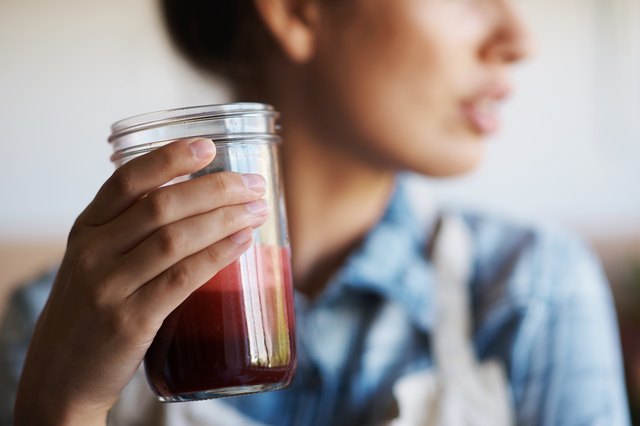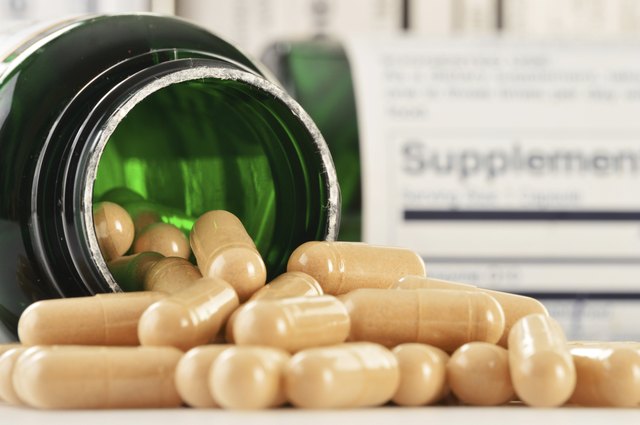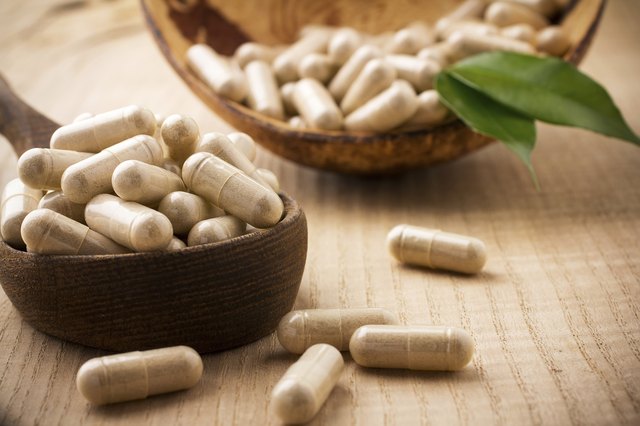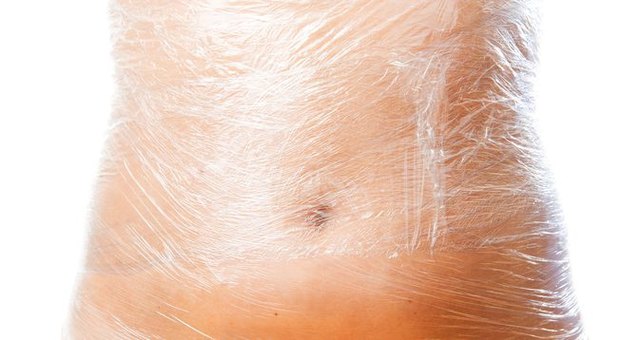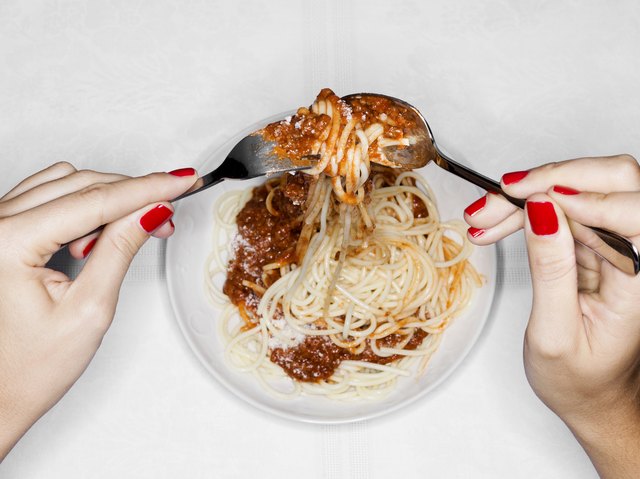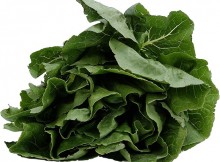12 unhealthy health trends
Advertisements
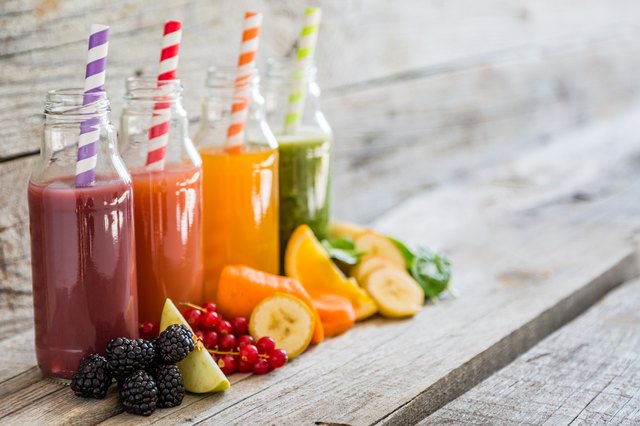
Advertisements
although some health trends, such as eating more whole foods, are worth striving for, others are based on hype rather than facts. If you are lucky, an ineffective health product or daily work result is a simple waste of money or time. In worse cases, these products and technologies can pose serious health risks.
Credit: a Credit: Love / iStock / gettyimages now listen: how to turn anxiety into your best friend Credit: Wolfgang lienbacher / iStock / Getty Images span: munthelo / istcock / Gatty image for hundreds of years, herbal therapy has been used to promote health and eradicate diseases, but many Americans mistakenly believe that "natural" equals safe when it comes to supplements. There are few effective studies to support the Cleveland Clinic, a nonprofit medical center, saying that RT herbal therapy is safe or effective. More importantly, herbal therapy is not subject to rigorous safety, quality, or efficacy testing of drugs experienced in the United States. For example, a supplement used to treat constipation and inflammation can cause heart problems. Stimulants used to boost energy and lose weight, such as ephedra and bitter orange, can have potentially fatal effects. Seek guidance from your doctor or registered dietician before using herbal medicine. Credit: Gita kulinica / iStock / Getty Images Credit: Adobe stock / staras Credit: jag CZ / iStock / Getty Images Credit: Jonathan Knowles / Stone / Getty Images Credit: yuchuangxin / Stone / Getty Images Advertisements 1. Raw water sounds healthy, but the reality is much more complicated. The "untreated" part comes from the fact that this (expensive) water is untreated and comes from Oregon's "lava tube," thanks to a company called "live water." Living water claims that the water came from the primitive period of the earth and is estimated to have matured for 10000 years below the surface before it surfaced. Living water also claims that it contains the necessary electrolytes and probiotics, and contains "ultra-high levels of natural silica." It sounds interesting, but because of the bacteria in the water, this untreated water can make you terminally ill. Does anyone have diarrhea?
2. In the 1990s, many Americans avoided eating fat, believing that a low-fat diet could prevent weight gain, heart disease and various cancers - all wrong. For most people, a healthy diet is moderate fat, which should account for 20 to 35 percent of your daily calories and come from a source of nutrition. Eating too little fat can cause a variety of problems, including nutritional deficiencies, memory problems, skin problems and fatigue. While commercial foods without fat, such as pastries and cookies, may sound healthier than their fatty counterparts, many do not. " Julie rose, a registered dietitian in Los Angeles, said: "to make these fat free foods taste good and have stable shelves, food manufacturers will add extra sugar and unhealthy food additives." Clean "stay away from toxins and juice fast
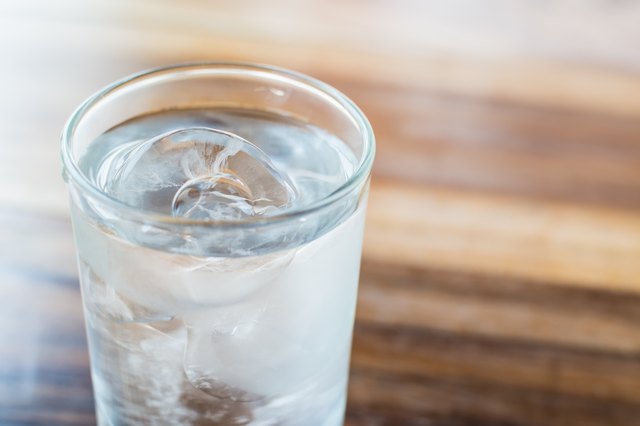 [P]> Detox Diet advocates claim to avoid solid food, SIP specific juice and take" detoxification "supplements, allowing the digestive system to eliminate toxins, leading to overall health enhancement. However, science does not support these ideas. " Our bodies are complex, and the balance of microbes works with our gastrointestinal tract, liver, and kidneys to filter, digest, and detoxify any unnecessary impurities in our bodies, "said Julie Duffy Dillon, a registered dietitian and eating disorder expert in Greensboro, North Carolina. Dillon said juice and pills were not needed. Many detergents have side effects, such as toxic gas, flatulence, diarrhea, muscle atrophy and low immune function. According to Harvard Medical School and the Journal of family practice,
[P]> Detox Diet advocates claim to avoid solid food, SIP specific juice and take" detoxification "supplements, allowing the digestive system to eliminate toxins, leading to overall health enhancement. However, science does not support these ideas. " Our bodies are complex, and the balance of microbes works with our gastrointestinal tract, liver, and kidneys to filter, digest, and detoxify any unnecessary impurities in our bodies, "said Julie Duffy Dillon, a registered dietitian and eating disorder expert in Greensboro, North Carolina. Dillon said juice and pills were not needed. Many detergents have side effects, such as toxic gas, flatulence, diarrhea, muscle atrophy and low immune function. According to Harvard Medical School and the Journal of family practice, 6. According to an in-house medical report from the JAMA in 2013, more than 50% of American adults take excessive vitamin and mineral supplements. While vitamins can provide health benefits for people who are undernourished, assuming more and better, relying on pills rather than food can cause problems. Dillon said nutritional supplements can't replace food, and the body can't use too many micronutrients. " "Large doses of supplements at least provide us with expensive urine," she said, because the body excretes too much water-soluble nutrients. In the worst case, it can provide toxic and harmful levels. "This may be due to an excess of fat soluble nutrients. Nutritional toxicity can cause a variety of symptoms, including vomiting, diarrhea, numbness, headache, muscle weakness, blurred vision, hair loss and brittle nails.
7. Assuming that "natural" equals safe
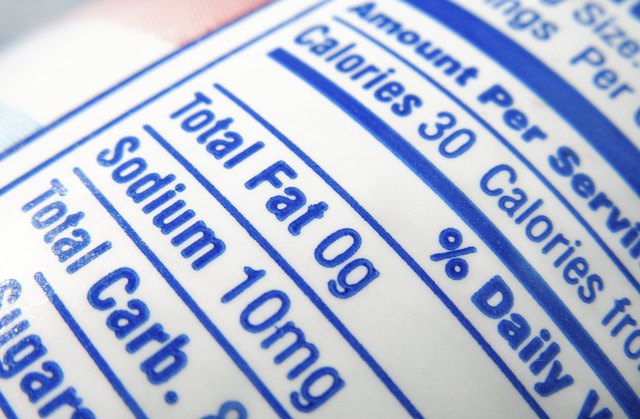
8. Colon hydrotherapy, also known as colon hydrotherapy, is a technology for med spas and alternative health centers, which is used to detoxify the body and treat diseases such as chronic fatigue and constipation. A rubber tube is inserted into your rectum and then into your colon through which up to 20 gallons of water and possible additives, such as soap, coffee or enzymes, are pumped. It's sitting there, and the technician massages it.Your abdomen is designed to relax the feces and release toxins. The waste is then discharged through the same tube. According to Johns Hopkins Medicine, this approach has not been well studied, and the premise is not supported by science; most of the body naturally detoxify, do not know that irrigation can improve health. However, colonic lavage can cause electrolyte imbalance, infection and allergy to additives. Sweating in plastic bags to lose weight is tiring, and quick fix products sold on the market often don't work, including sauna sets. Sauna Suit is a plastic garment worn on sports equipment during exercise, which can increase sweat and help to increase weight loss effect. 'there's something wrong with the sauna suit,' said Alice. Columbia University's health promotion is that you reduce fluid, not fat. If your skin can't breathe and sweat, you will also experience complications during exercise, such as weakness, confusion, dizziness, coma and death. A balanced diet, with an emphasis on nutritious food and regular exercise, has proven to be a safe way to control weight. It's also important to keep plenty of water to keep healthy and fit.
10. Reducing carbs like crazy is a wise choice, and reducing all carbs may not be necessary, "he said. There's a huge myth that carbohydrates are bad, "said Jenny Giblin, a certified nutrition coach and psychotherapist in New York and Hawaii. "You should choose complex sources that are rich in fiber, satisfying, and help ensure optimal brain and body function," she said. Some examples of nutritional complex carbohydrates include sweet potatoes, squash, beans, oatmeal, flaxseed, and berries. Eating 100% raw vegetarians, such as fresh fruits, vegetables and seeds, is certainly nutritious. However, eating only raw food may bring some risks. " Giblin points out that a raw diet can be very healthy, but you need to make sure that you still meet your nutritional needs, including nutrients that are often lacking in the raw diet, such as calcium and vitamins B-12 and D. Taking too little vitamin B-12 mainly comes from animal products. However, animal products are limited by raw food diet, which will lead to fatigue, constipation, anorexia and numbness. If you don't have enough vitamin D and calcium, it will promote bone health, and you may develop weak, fragile bones. If you choose vegetarianism or raw vegetarianism, you should consider taking vitamin B-12 supplements and vitamin D supplements. You can also produce vitamin D by spending more time in the sun, but it's important to limit skin exposure to the sun based on your skin pigment, which can reduce the risk of skin cancer. Overuse of proteins can provide amino acids, which are part of thin tissue. Like carbohydrates and fats, your body needs enough to function - but too much is too much. With the popularity of low carbohydrate diet, many Americans have begun to regard protein rich food as food that can be eaten freely without any adverse consequences. Although increasing protein intake may increase weight loss in the short term, most people are unaware of the risk, according to the Committee of physicians in charge of medicine. PCRM says a high protein diet is linked to kidney disease, kidney stones, osteoporosis and cancer. Eating too much protein can also lead to weight gain, leaving little room for other healthy foods in your diet, such as whole grains, fruits and vegetables.
13. If you are sensitive to gluten and have celiac disease (an autoimmune disease that damages the intestinal mucosa and blocks nutrient absorption), a gluten free diet is a money saving option. However, eating gluten free products does not necessarily help you lose weight. Gluten free commercial products contain the same or more calories as gluten containing products of the same kind. The risks of unnecessary gluten removal include nutritional deficiencies, constipation, and weakened immune systems caused by a lack of H. Beneficial bacteria in the gut. If you think you have gluten intolerance, ask your doctor for guidance.
What do you think? Are you following these health trends? What do you think of it and what kind of results (or problems) have you experienced? Do you disagree with our assessment? Do you think there is anything else on this list that we left out? Please leave a message below and let us know.
